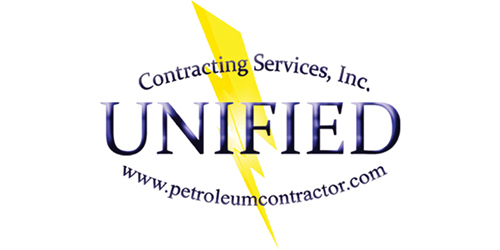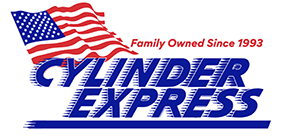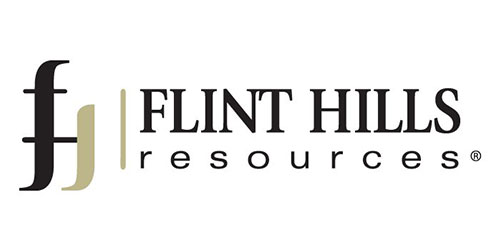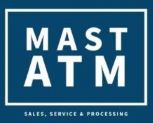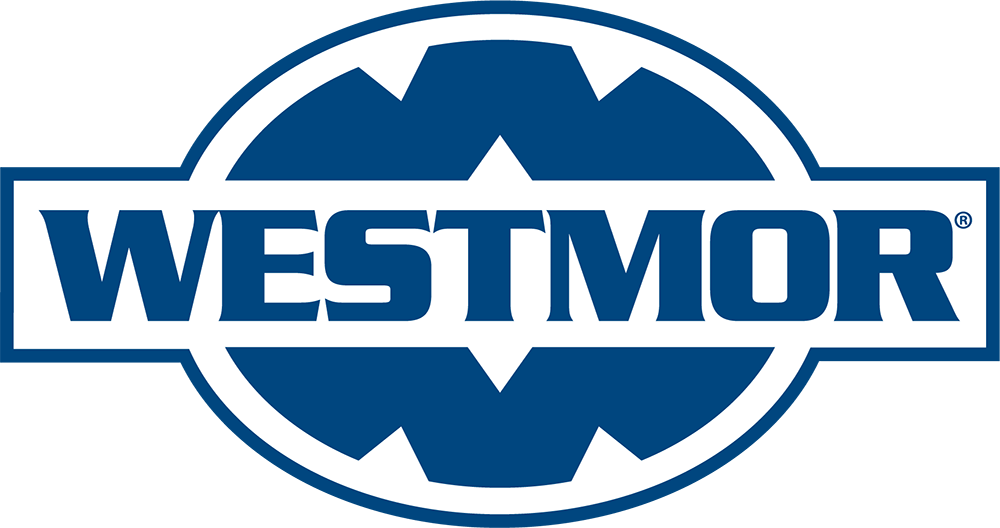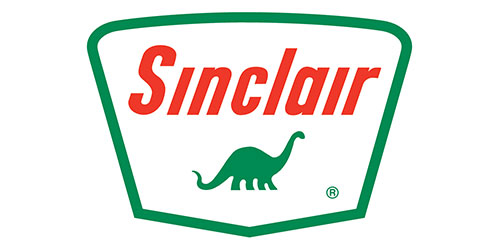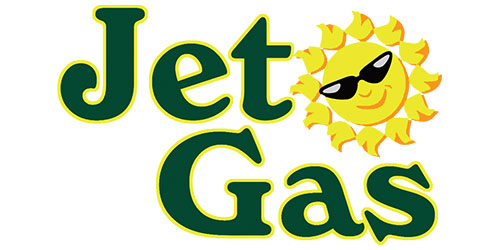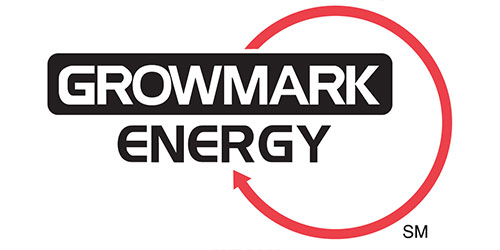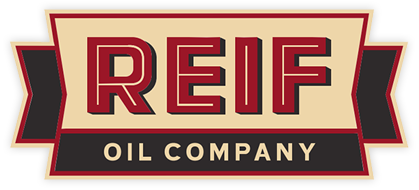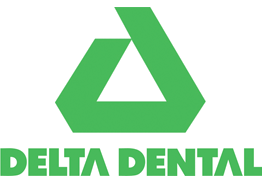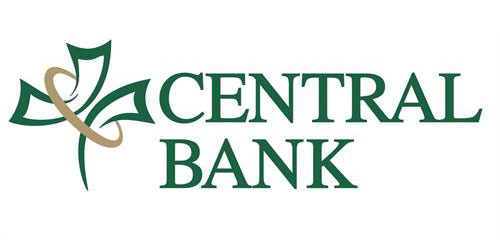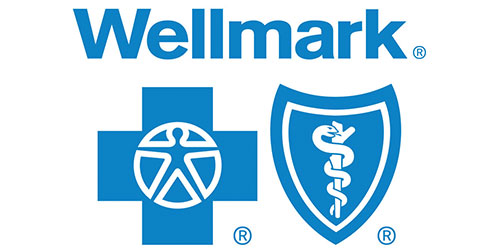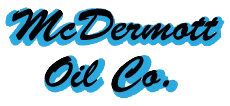
White House and GOP Leadership Release Comprehensive Tax Reform Plan
October 2, 2017 by PMAA | 
Last week, Republican leaders released their tax reform plan which would include the biggest cuts and changes in 30 years. The plan would reduce the number of total individual rates from seven to three (12 percent, 25 percent and 35 percent) and the top rate would drop from 39.6 percent to 35 percent. The corporate rate would be reduced from 35 to 20 percent while pass-through businesses’ tax rate would be reduced to 25 percent. The majority of small businesses are organized as pass-throughs meaning that profits are passed on to the owner and reported on his/her individual tax return. PMAA has argued for a competitive tax rate for pass-throughs. The plan eliminates the deduction for state and local taxes, but nearly doubles the standard deduction. The plan eliminates most itemized deductions, but retains the home mortgage interest and charitable contributions deductions. Furthermore, the plan eliminates the estate tax, also known as the death tax. Meanwhile, the plan would allow businesses to “immediately write off the cost of new investments in depreciable assets other than structures made after September 27, 2017, for at least five years.” The plan does not mention details regarding step-up in basis or last in, first out (LIFO). Under current law, family members who inherit a business take the business at its value as of the date of the original owner’s death. However, if the step-up in basis were eliminated, the family members would be required to pay capital gains taxes on the original owners’ gains in the business. Due to the detrimental effects it would have on businesses, PMAA opposes any attempt to repeal the step-up in basis. PMAA will continue to monitor the latest.
In July, PMAA sent a letter to Senate Finance Committee Chairman Orrin Hatch (R-UT) regarding his request for stakeholder comments on overhauling the tax code. Specifically, PMAA raised its concerns with the House GOP tax reform "blue print" which called for a border adjustment tax ("BAT"). Fortunately, the BAT plan was dropped from the future tax plan the following month. Specifically, the BAT would have ended deductibility for any costs or expenses associated with imported goods. For example, refiners who rely heavily on imported crude oil, or wholesalers who import product, could be faced with higher taxes requiring prices to be raised on those products, which would then lead to an overall increase in motor and heating fuel prices. However, the plan would allow companies to exclude revenues they received on exports, meaning only revenue derived from inside the U.S. would be subject to income tax. Given the overwhelming opposition to BAT from thousands of businesses nationwide, Congress never had the votes to approve a BAT.



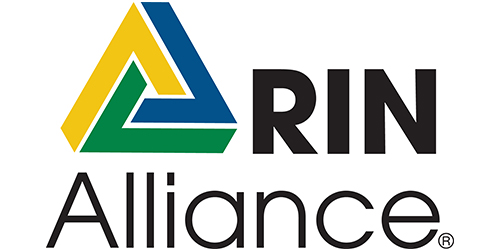



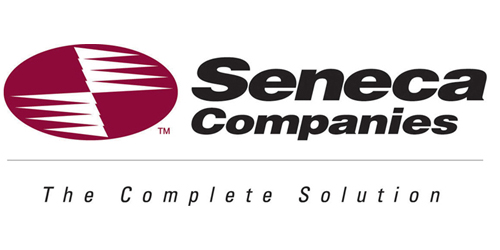
.png)

